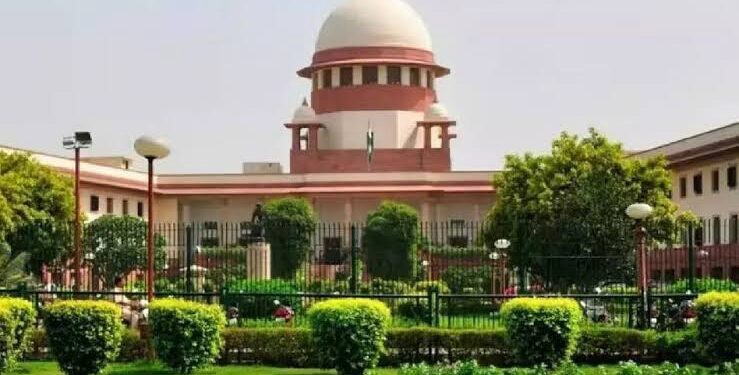Lagatar24 Desk
New Delhi: The Supreme Court announced on Wednesday that it would determine the legality of the immunity granted to husbands in marital rape cases, irrespective of whether the central government provides its position on the issue. This landmark decision could reshape the understanding of marital rape within India’s legal framework.
Chief Justice of India DY Chandrachud, heading the bench, stated, “It is a matter of law. They [the Centre] will have to argue on the point of law if they have chosen not to file an affidavit.” The bench made this statement after senior advocate Indira Jaising, representing several petitioners, urged the court to take up the long-pending case, which has been delayed due to time constraints.
The petitioners challenge the validity of Exception 2 to Section 375 of the Indian Penal Code (IPC), which exempts husbands from prosecution for rape within marriage. They argue that this provision violates a woman’s right to bodily autonomy, dignity, and integrity. Activist Ruth Manorama and others are pushing for its removal, stating that the exception disregards a woman’s consent.
During the court proceedings, it was noted that despite several opportunities, the Centre had not filed an affidavit. In response, Chief Justice Chandrachud affirmed that the court would proceed based on legal principles, saying, “Then they [the Centre] will argue on law. We will decide accordingly.”
In September 2022, the Supreme Court sought the Centre’s opinion on an appeal against a split verdict from the Delhi High Court regarding marital rape. Justice Rajiv Shakdher of the High Court had declared the provision unconstitutional, while Justice C Hari Shankar upheld it.
Additionally, in July, the Supreme Court stayed a ruling by the Karnataka High Court, which had refused to quash charges of rape against a man accused of sexually assaulting his wife under Section 376 of the IPC.
This case is seen as pivotal in determining whether the Indian legal system will recognize marital rape as a crime, aligning with global human rights standards and protecting the rights of married women.







